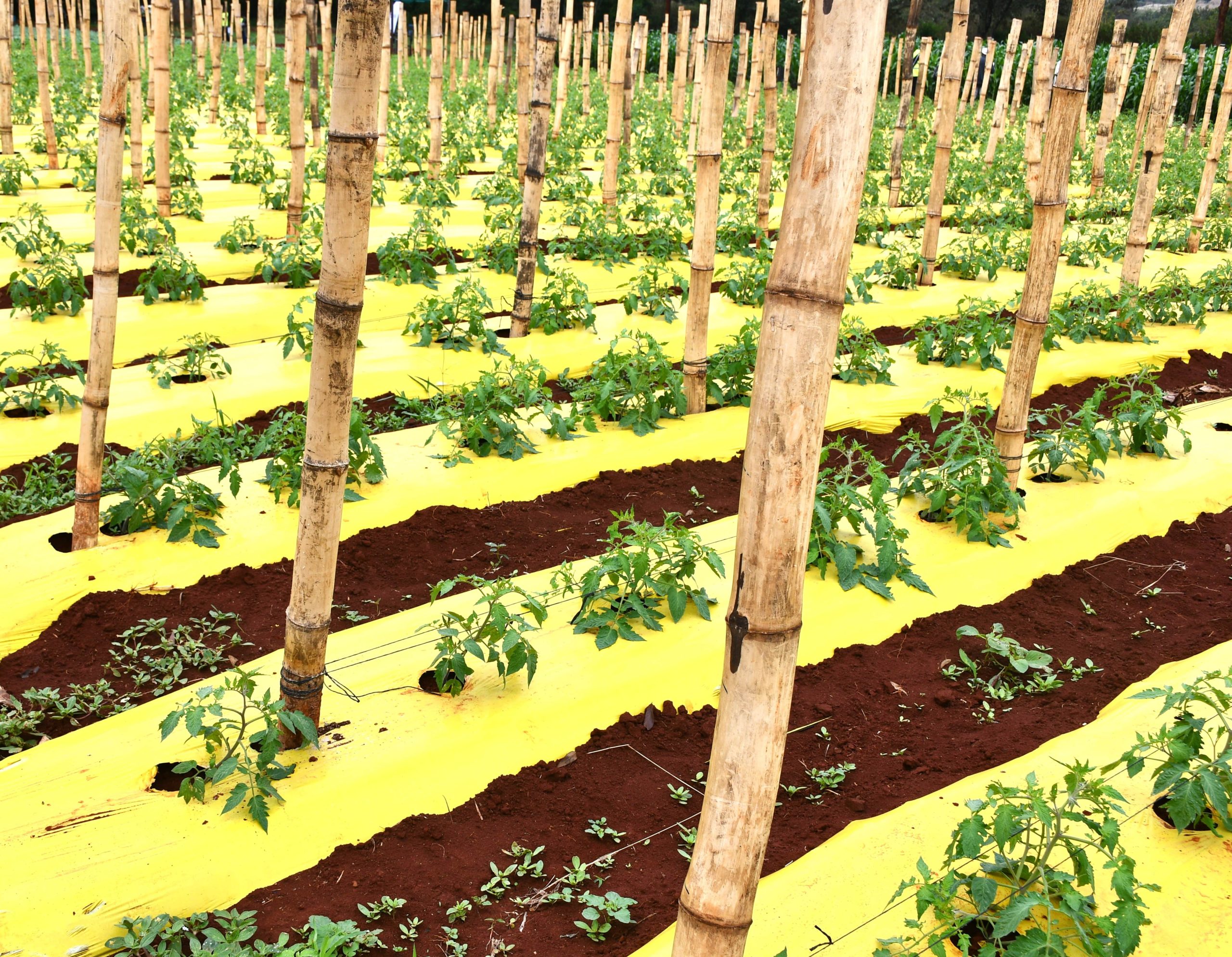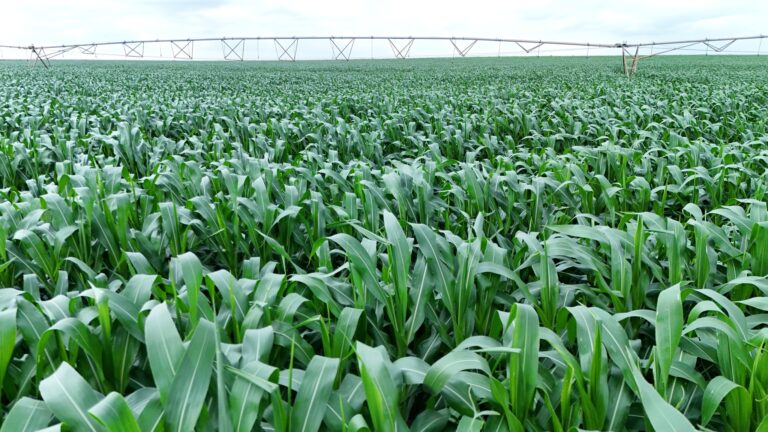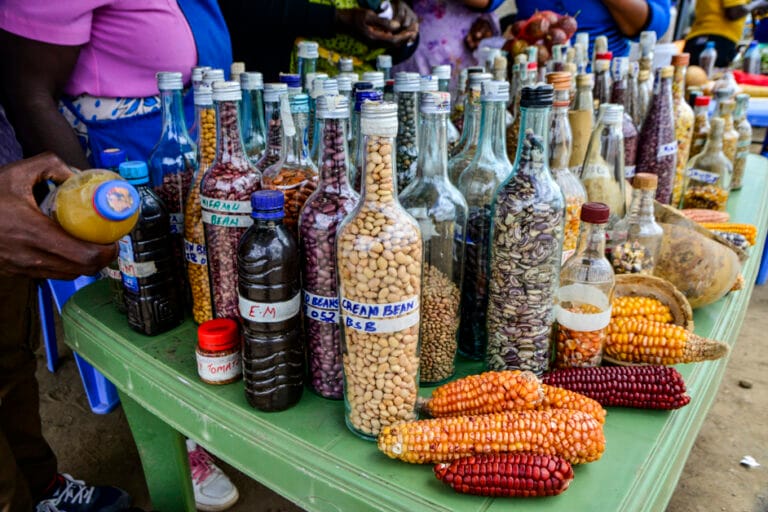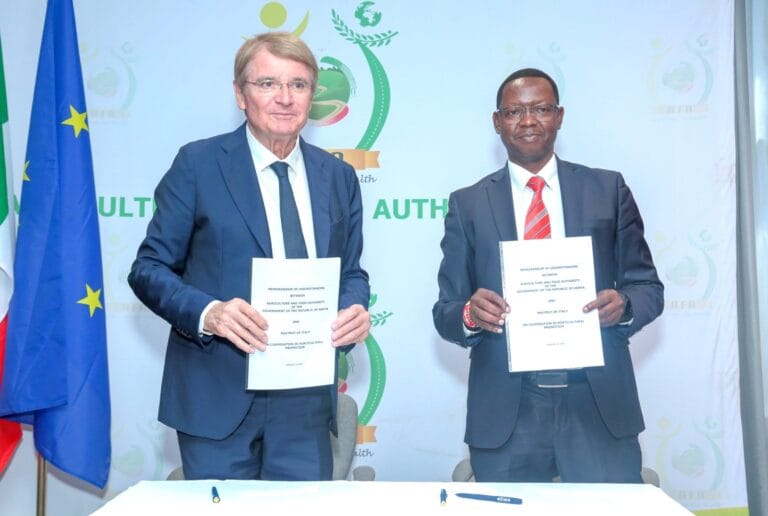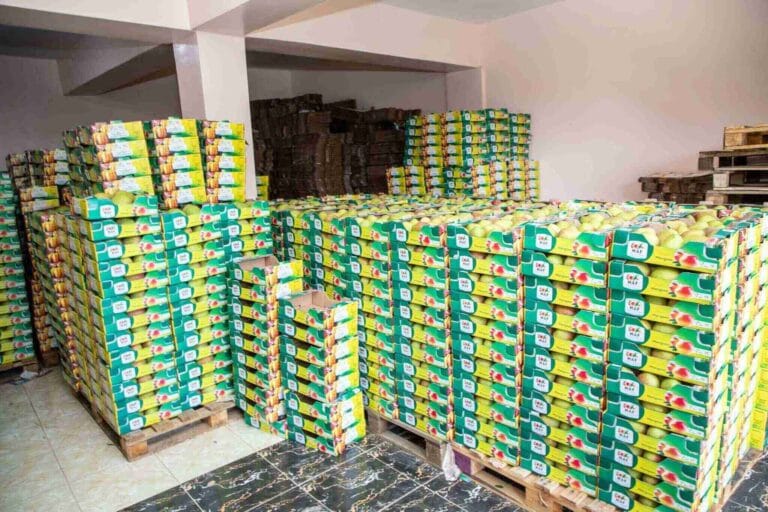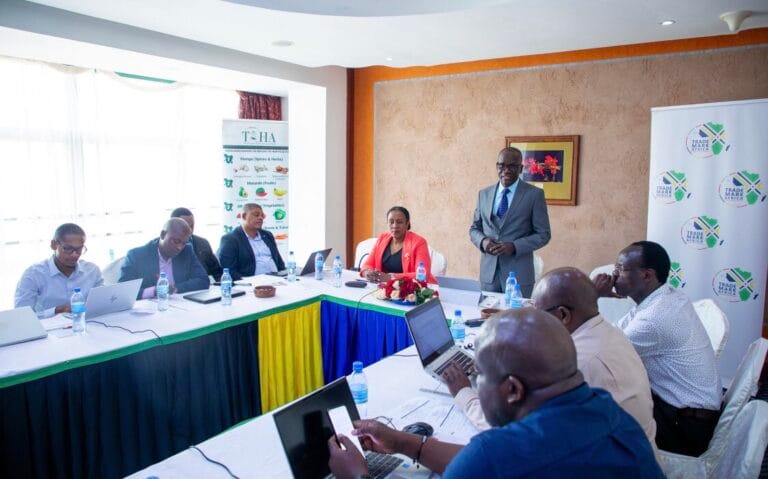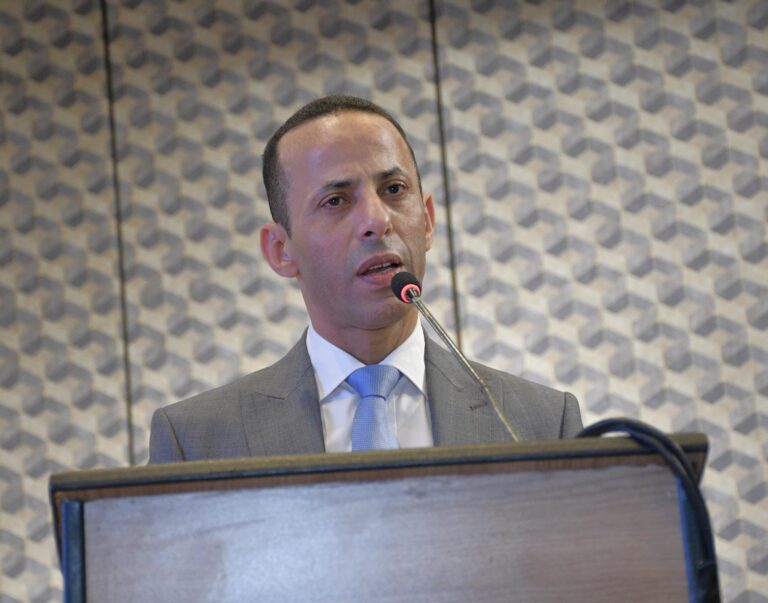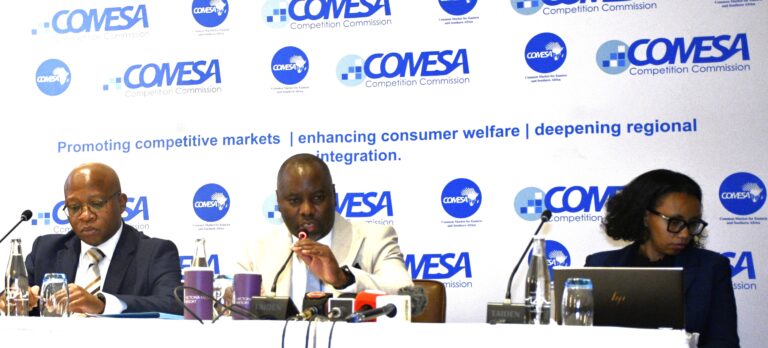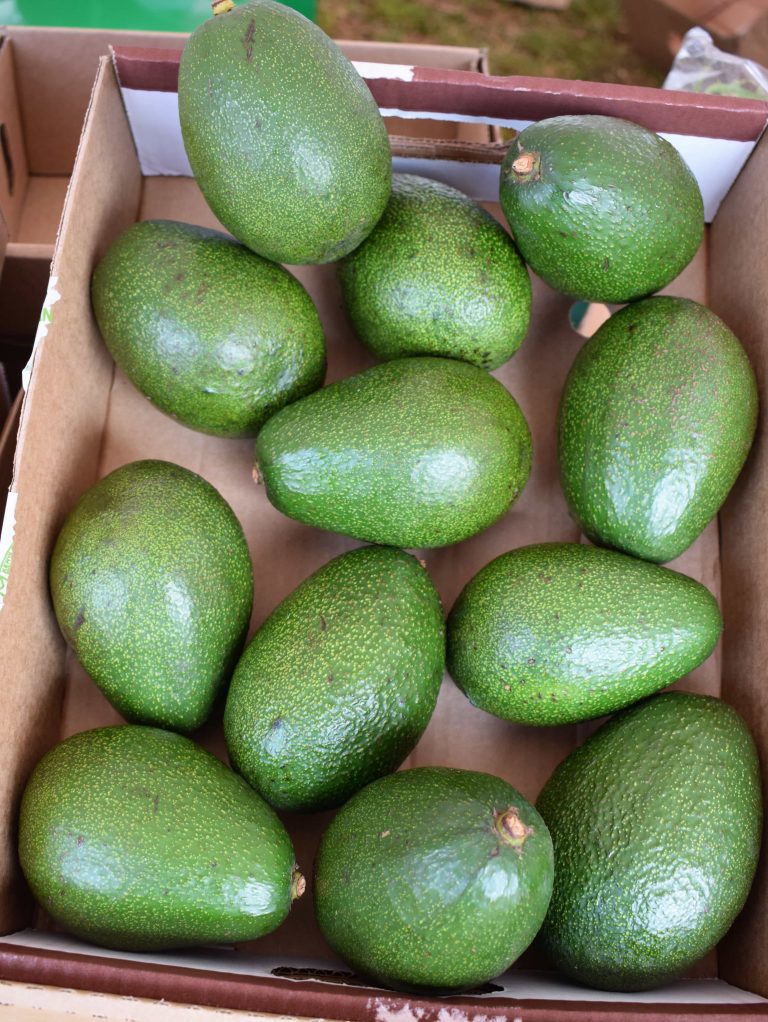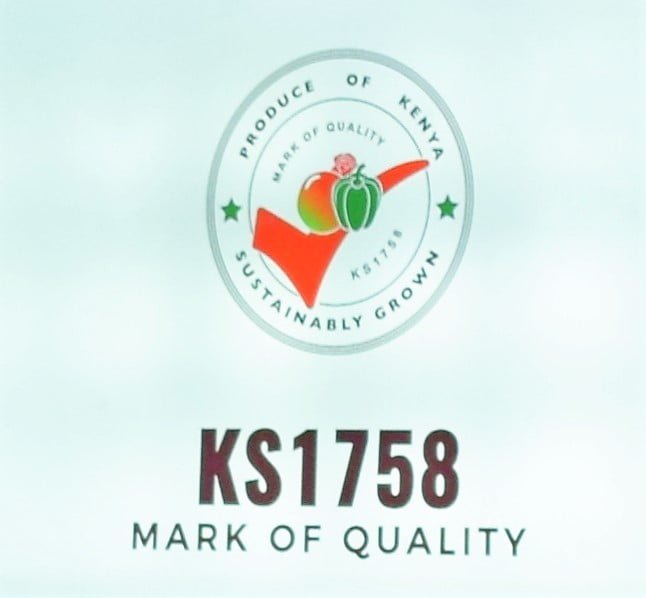By Kimuri Mwangi
Non‑Tariff Barriers (NTBs) are the hidden forces that delay trucks, inflate costs, and erode farmer incomes in the Common Market for Eastern and Southern Africa (COMESA) and the East African Community (EAC) region, making trade slow and fragmented despite the immense agricultural trade potential in the area.
In a bid to strengthen regional trade in agriculture, stakeholders from the COMESA and the EAC gathered for the COMESA-EAC Horticulture Accelerator (CEHA) Regional Workshop in Nairobi. The meeting focused on identifying key NTBs affecting horticultural value chains and developing a roadmap for their harmonization and elimination.
Opening the forum, Dr. John Mukuka, Chief Executive Officer of the Alliance for Commodity Trade in Eastern and Southern Africa (ACTESA), emphasized the significance of agriculture in the region. “Agriculture lies at the heart of our region, powering economies, feeding families, and driving employment,” he said.

NTBs, often invisible regulatory or procedural barriers, remain a leading cause of inefficiencies in regional trade. Dr. Mukuka revealed that intra-COMESA exports dropped by 11% in 2020, from USD 10.9 billion to USD 9.7 billion, with NTBs playing a significant role. In the EAC region, 256 NTBs were reported, and although 95% had been resolved by mid-2022, delays in compliance and fragmented regulatory systems continue to stifle trade.
“In COMESA, non-tariff trade costs average a staggering 285% ad valorem, double that of the EAC region,” Dr. Mukuka said, adding that even a 10% increase in paperwork time can reduce exports by up to 10%.
The workshop also heard that traders could spend between 2 and 296 hours on compliance tasks due to bureaucratic inefficiencies. The key challenges identified include limited digital visibility of NTBs, inefficient border procedures, low ICT adoption among smallholder farmers, inconsistent seed and agricultural input standards and infrastructure bottlenecks that delay the movement of goods.
“These are not just numbers,” Dr. Mukuka added. “They represent real farmers losing income, traders losing markets, and national economies losing growth momentum.”
To address these challenges, Dr. Mukuka proposed a range of practical, action-oriented solutions, including rolling out SMS or app-based NTBs reporting tools across all member states within six months, piloting “Lean Corridors” such as Nairobi to Kigali with a 48-hour clearance benchmark, finalizing Mutual Recognition Agreements for seed, fertilizer, and SPS regulations, digitizing trade documents like SPS certificates and Rules of Origin, integrating NTB alerts into platforms already used by farmers, such as agri-wallets, ensuring inclusive representation particularly of women, youth, and smallholders in national NTB Monitoring Committees and incentivizing smooth, compliant trade through private sector co-funding mechanisms.
“This forum must deliver more than discussion. It must lead to action,” Dr. Mukuka opined as he called for the creation of a technical task force to track implementation, with a target to launch at least two Lean Corridor pilot initiatives by the first quarter of 2026
Principal Secretary in Kenya’s State Department for Trade, Ms. Regina Ombam, reinforced the message, describing NTBs as a critical impediment to regional trade, agricultural productivity, and economic prosperity. “Unless addressed systematically, such barriers will continue to fragment markets, stifle productivity, and reduce opportunities for regional integration,” she said.
In a speech read on her behalf by Ms Caroline Chore, a Senior Trade Development Officer, Ms Ombam reaffirmed the role of the horticulture sector as a pillar of economic development across COMESA and EAC member states, supporting farmers, SMEs, and agribusinesses.
She called for the mapping and assessment of the most pressing NTBs while identifying priority challenges faced by value chain stakeholders. She also noted that facilitating dialogue among policymakers, regulatory agencies, and producers, while building capacity to comply with trade protocols and SPS measures, can help expand trade as stakeholders agree on a harmonized roadmap for NTB elimination.
Ms. Ombam commended ACTESA and COMESA for their leadership and reaffirmed Kenya’s support for the initiative. “Let us seize this opportunity to advance trade facilitation and foster a more integrated and competitive horticulture sector,” she said. “It is through collective commitment, policy coordination, and targeted interventions that we can remove bottlenecks and accelerate horticultural trade across Eastern and Southern Africa.”


